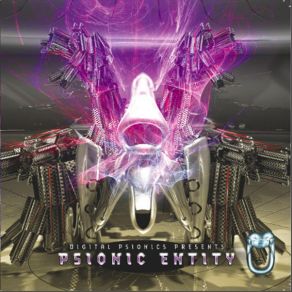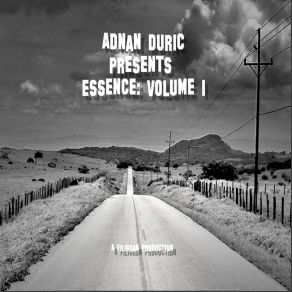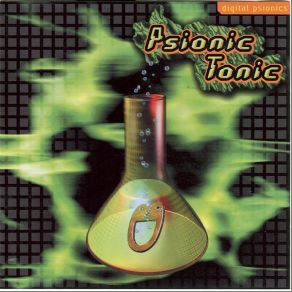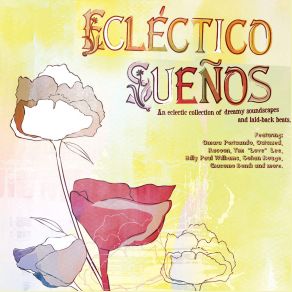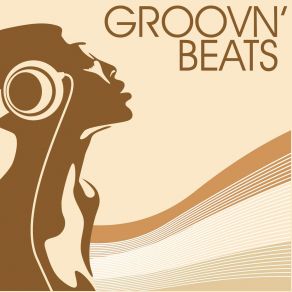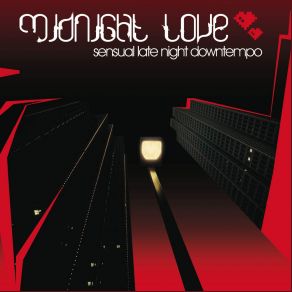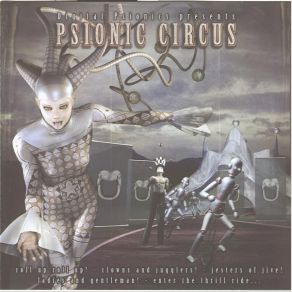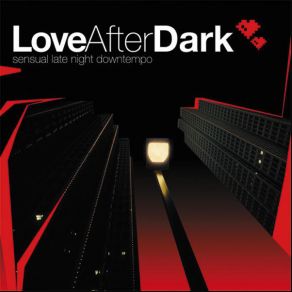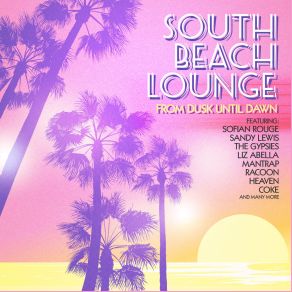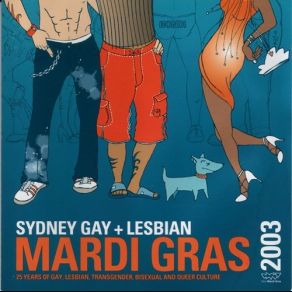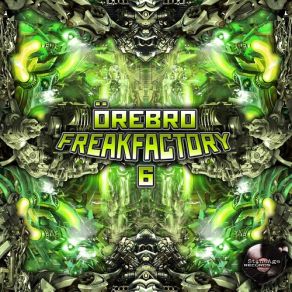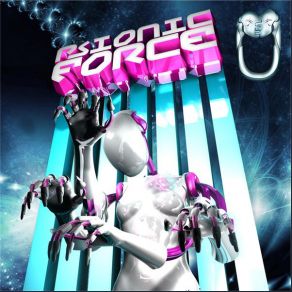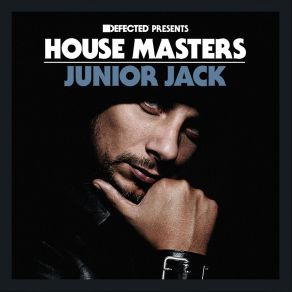Kluster
Wikimp3 information about the music of Kluster. On our website we have 19 albums and 34 collections of artist Kluster. You can find useful information and download songs of this artist. We also know that Kluster represents Electronica genres.
Biography
[Edit]The most important and consistently underrated space rock unit of the '70s, Cluster (originally Kluster) was formed by Dieter Moebius, Hans-Joachim Roedelius, and Conrad Schnitzler as an improv group that used everything from synthesizers to alarm clocks and kitchen utensils in their performances. Continuing on as a duo, Moebius and Roedelius eventually recorded many landmark LPs — separately, as a duo, and with all manner of guest artists from Brian Eno to Conny Plank to Neu!'s Michael Rother — in the field of German space music often termed kosmische. Cluster also continued to explore ambient music into the '90s, long after their contemporaries had drifted into tamer new age music or ceased recording altogether.
Cluster originally came out of a Berlin art/music collective named the Zodiak Free Arts Lab, formed by Conrad Schnitzler (one of the leaders of the city's avant-underground), and also including Hans-Joachim Roedelius plus future members of Tangerine Dream, Ash Ra Tempel, and Guru Guru. After Schnitzler and Roedelius met an art student named Dieter Moebius, the threesome formed Kluster in 1970. The group performed around Europe and even in Africa, engaging in wild improv sessions utilizing any instruments they could get their hands on; while touring they met engineer Conny Plank, soon to become a major part of Cluster's recorded output into the late '80s. The first three Kluster LPs, 1970's Klopfzeichen and Zwei Osterei plus 1971's Eruption, consisted of side-long improvisatory jams.
Soon after the release of Eruption, Schnitzler left the band for a solo career. Moebius and Roedelius continued on as Cluster and, with the help of Plank, released two eponymous studio albums in 1971 and 1972. An ongoing collaboration with Michael Rother (Neu!) began in 1973, after the duo founded their own private studio out in the German countryside. After inviting Rother down to record, the results were released as the 1974 Cluster LP Zuckerzeit, a watershed of electronic pop midway between Cluster, Neu! and Kraftwerk (the latter just about to explode with their own Autobahn LP). That same year, Moebius, Roedelius and Rother formed a Krautrock supergroup named Harmonia; two excellent albums followed in the next year, Musik von Harmonia and Harmonia De Luxe, as well as a few sessions with Brian Eno (unreleased until 1997's Tracks & Traces).
Eno himself began his own collaboration with Moebius and Roedelius in 1977, when Sky Records released Cluster & Eno. The trio also recorded After the Heat two years later (technically credited as "Eno Moebius Roedelius"), and after a hiatus of six years resumed the relationship with Begegnungen and Begegnungen II (both featuring Plank in the lineup as well).
Though Roedelius and Moebius also launched solo careers around this time (1978 and 1983, respectively) they continued to release compelling Cluster material in keeping with Zuckerzeit, including Sowiesoso in 1976, Grosses Wasser three years later and Curiosum in 1981.
Besides the Eno collaborations and many other solo works, almost 15 years passed before the appearance of another Cluster album, 1994's One Hour. The band embarked on tours of both Japan and the United States in 1996 (sets from both of which were recorded and subsequently released as live albums) before entering a hiatus in 1997. Though fiercely active on solo projects, it would be almost ten years until Moebius and Roedelius would reunite to work on Cluster material, coming together in April of 2007 for a performance at the Kosmische Club in Camden, London. Over the next few years, the duo would play select dates, including a stop at Detroit's Institute for the Arts in May of 2008, as well as a set at that year's No Fun Fest in New York City. In 2009, Qua surfaced with their 11th studio album and their first in over a decade. That year the band also played the opening spot at post-rockers Tortoise's gig at London's Royal Festival Hall. By 2010, the duo once more disbanded, playing what was to be their final concert in December of that year. In 2015, two separate releases of material from the band's 1996 concert tours were revised and reissued on the Bureau B label, Japan Live and USA Live.
Title: My Love (feat. Ron Carroll) - Single
Artist: Kluster
Genre: Electronica, Dancefloor, Dance Pop
Title: My Love (feat. Ron Carroll) [Remixes]
Artist: Kluster
Genre: Electronica, Dancefloor, Dance Pop
Collections
Title: Sunset Sessions
Genre: Downtempo, Electronica, Dancefloor, Dance Pop
Title: Essential Workout Mix: Non-Stop House, Vol. 2
Genre:
Title: Disco Alegría 2001 / Disco Alegria 2001
Genre: Latin
Title: Up All Night - To Be Happy
Genre: Electronica, Dancefloor, Dance Pop
Title: Psionic Religion
Genre: Electronica
Title: Psionic Realms
Genre: Electronica
Title: Psionic Earth
Genre: Electronica
Title: Liberation Animale
Genre: Trance, Dancefloor, Dance Pop
Title: Psionic Entity
Genre: Electronica, Dancefloor, Dance Pop
Title: Adnan Duric Pres. Essence, Vol. 1
Genre: Electronica, Dancefloor, Dance Pop
Title: Nine Worlds
Genre: Dancefloor, Dance Pop
Title: Nine Worlds
Genre: Trance, Dancefloor, Dance Pop
Title: Psionic Tonic
Genre: Electronica
Title: Ecléctico Sueños / Eclectico Suenos
Genre: Electronica, Dancefloor, Latin, Dance Pop
Title: Groovin' Beats
Genre: Electronica, Dancefloor, Dance Pop
Title: Essential Workout Mix: Non-Stop House, Vol. 1
Genre:
Title: Midnight Love - Sensual Late Night Downtempo
Genre: Electronica, Dancefloor, Dance Pop
Title: Psionic Circus
Genre: Electronica
Title: Love After Dark
Genre: Electronica
Title: South Beach Lounge (From Dusk Until Dawn)
Genre: Electronica, Latin
Title: Filtered Records
Genre: Electronica, Dancefloor, Dance Pop
Title: Nightlife
Genre: Electronica, House, Techno, Hip Hop/R&B, Rap, Dancefloor, Dance Pop
Title: Ministry Of Sound: Clubber'S Guide To... 2000
Genre: Trance
Title: Winter Collection Of New Singles 2014 Vol. 2 (CD2)
Genre: Rock, Club/Dance
Title: Sydney Gay + Lesbian Mardi Gras 2003 (CD2)
Genre: House, Industrial, Electro, Pop, EBM
Title: Nº1 Pop & Latino Vol. 3 (CD1)
Genre: Pop
Title: Cayo Coco Lounge Vol. 3
Title: Defected Presents House Masters Junior Jack
Genre: Electronica, Tech House, Funk
Title: Back 2 Stoneage
Genre: Electronica, Trance, Psychedelic Trance, Psychedelic
Title: Orebro Freak Factory 5
Genre: Psychedelic Trance
Title: Tales From The Dark Forest 2
Genre: Psychedelic Trance
Title: 20 Years Of StoneAge
Genre:
Title: Orebro Freak Factory 6 2022
Genre: Psychedelic Trance
Featuring albums
Title: Azuli Presents Cavo Paradiso 02 - the Sound of Mykonos
Artist: David Piccioni
Genre: Electronica, Dancefloor, Dance Pop
Title: Disco In the House
Artist: Various Artists
Genre: House, Hip Hop/R&B, Soul, Dancefloor, Disco, Dance Pop
Title: Defected Presents House Masters: Junior Jack
Artist: Junior Jack
Genre: House, Dancefloor, Dance Pop
Title: Defected Presents House Masters - Junior Jack
Artist: Junior Jack
Genre: House, Dancefloor, Dance Pop
Title: Defected Presents House Masters - Junior Jack
Artist: Junior Jack
Genre: House, Dancefloor, Dance Pop



























